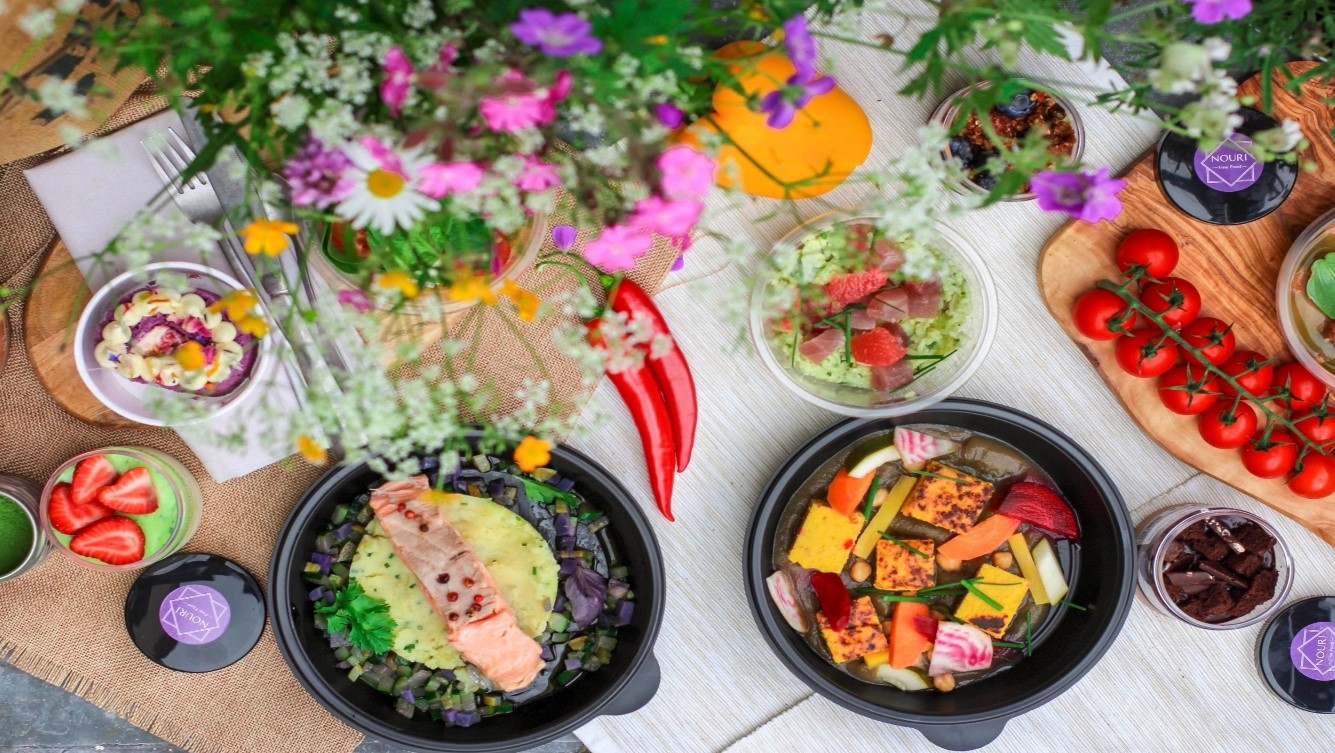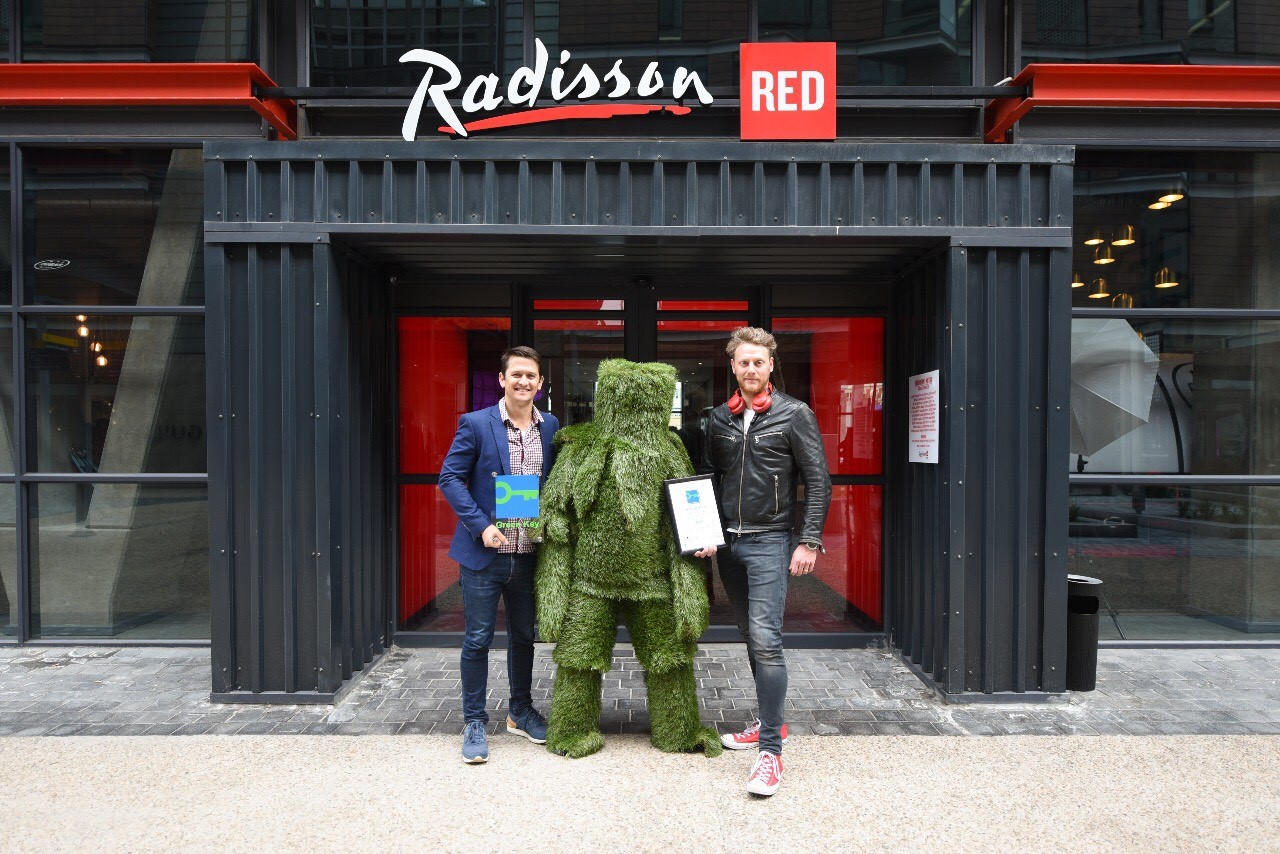By its outstanding commitment of guest engagement in sustainability, the STF Lugnåsbergets Vandrarhem in Sweden has taken the 3rd place in the Green Key Best Practice Competition 2018.
The hostel is devoted to show its guests that following sustainable principles is easy. Even small and local actions can help globally. The vision is to spread the sustainability message so that the guests are encouraged to apply these principles while staying at the hostel, but also at home in their daily routines.
The STF Lugnåsbergets Vandrarhem communicate their efforts through information stands, wall posters as well as through stories presented by employees.
The hostel has a lot of focus on food quality where the restaurant kitchen provides local and organic food. In order to reduce food waste, anyone can bring remaining food back to the guest kitchen. There is also a garden outside that is available and free for all guests to gather berries and mushrooms.
Besides the small efforts in energy management such as small reminders about for instance energy saving, the STF Lugnåsbergets Vandrarhem allows its guests to use an outdoor kitchen without electricity for cooking and grilling.
In terms of transportation, the STF Lugnåsbergets Vandrarhem promotes sustainable attitude. Guests are offered to swap the car for a bike or an electric bike. There is also a great possibility to discover natural surroundings by canoes, and the hostel is happy to provide its guests with different route maps to explore the area.

















